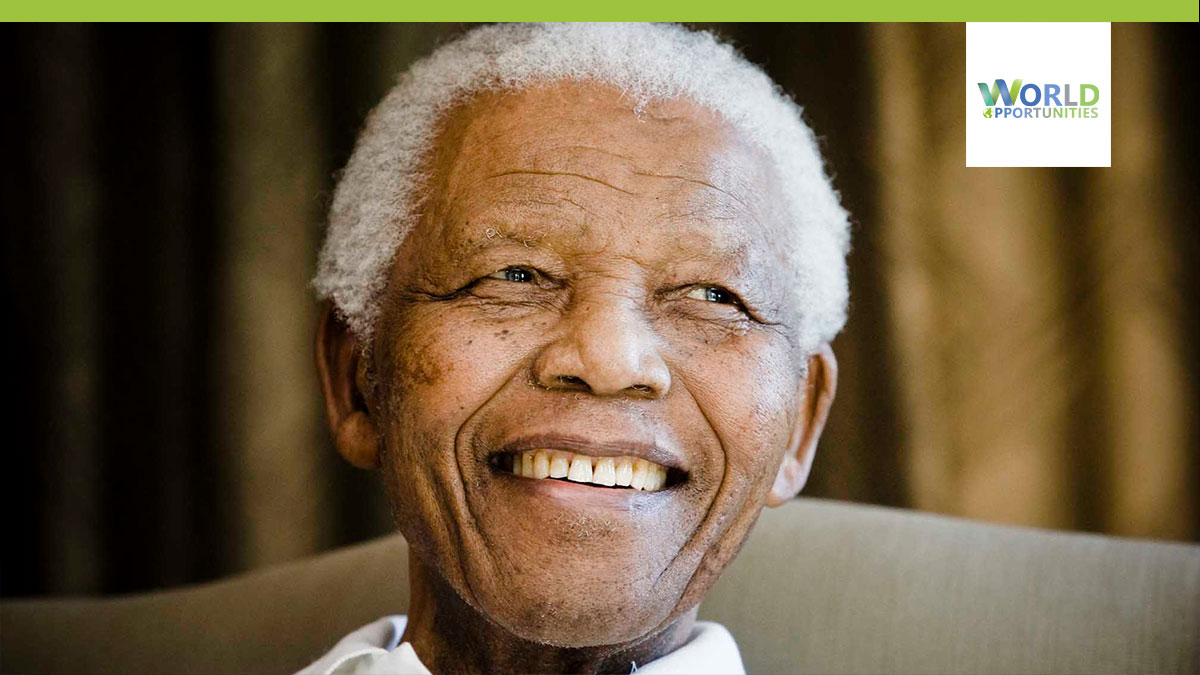Introduction:
Nelson Mandela, the iconic South African leader and anti-apartheid activist, is revered as a symbol of justice, equality, and reconciliation. His remarkable life journey, from being imprisoned for 27 years to becoming the first black President of South Africa, has inspired generations across the world. In this blog, we will explore the extraordinary success story of Nelson Mandela and his enduring legacy of freedom and unity.
Early Activism and Fight Against Apartheid:
Nelson Mandela was born in 1918 in the rural village of Mvezo, South Africa. As a young man, he became involved in anti-apartheid activism, opposing the oppressive policies of racial segregation enforced by the apartheid government. Mandela’s activism led him to join the African National Congress (ANC) and become a prominent leader in the struggle for equality and justice.
Imprisonment and Resilience:
In 1964, Nelson Mandela was sentenced to life imprisonment for his anti-apartheid activities. He spent 27 years behind bars, during which he became a symbol of resistance against the apartheid regime. Mandela’s resilience, strength, and unwavering commitment to justice inspired a global movement calling for his release and an end to apartheid.
Long Walk to Freedom:
In 1990, Mandela was finally released from prison, marking a pivotal moment in South Africa’s history. He embarked on a path of reconciliation and negotiation, working alongside President F.W. de Klerk to dismantle apartheid and establish a democratic society. Mandela’s leadership and ability to bridge divides earned him respect and admiration from people across the world.
Presidency and Reconciliation:
In 1994, Nelson Mandela made history by becoming the first black President of South Africa in the country’s first multiracial democratic elections. As President, he prioritized reconciliation and healing the wounds of apartheid. Mandela established the Truth and Reconciliation Commission, which aimed to address the atrocities of the past and foster national unity.
Legacy of Freedom and Equality:
Nelson Mandela’s impact extends far beyond his time in office. His unwavering commitment to justice, equality, and human rights continues to inspire people worldwide. Mandela’s philosophy of forgiveness, compassion, and inclusivity serves as a guiding light for those striving to create a more just and equitable society.
Conclusion:
Nelson Mandela’s success story is a testament to the power of resilience, forgiveness, and unity. His unwavering dedication to dismantling apartheid and promoting reconciliation has left an indelible mark on South Africa and the world. Mandela’s legacy serves as a reminder that through courage, compassion, and determination, individuals can overcome immense challenges and work towards a more just and inclusive society.
